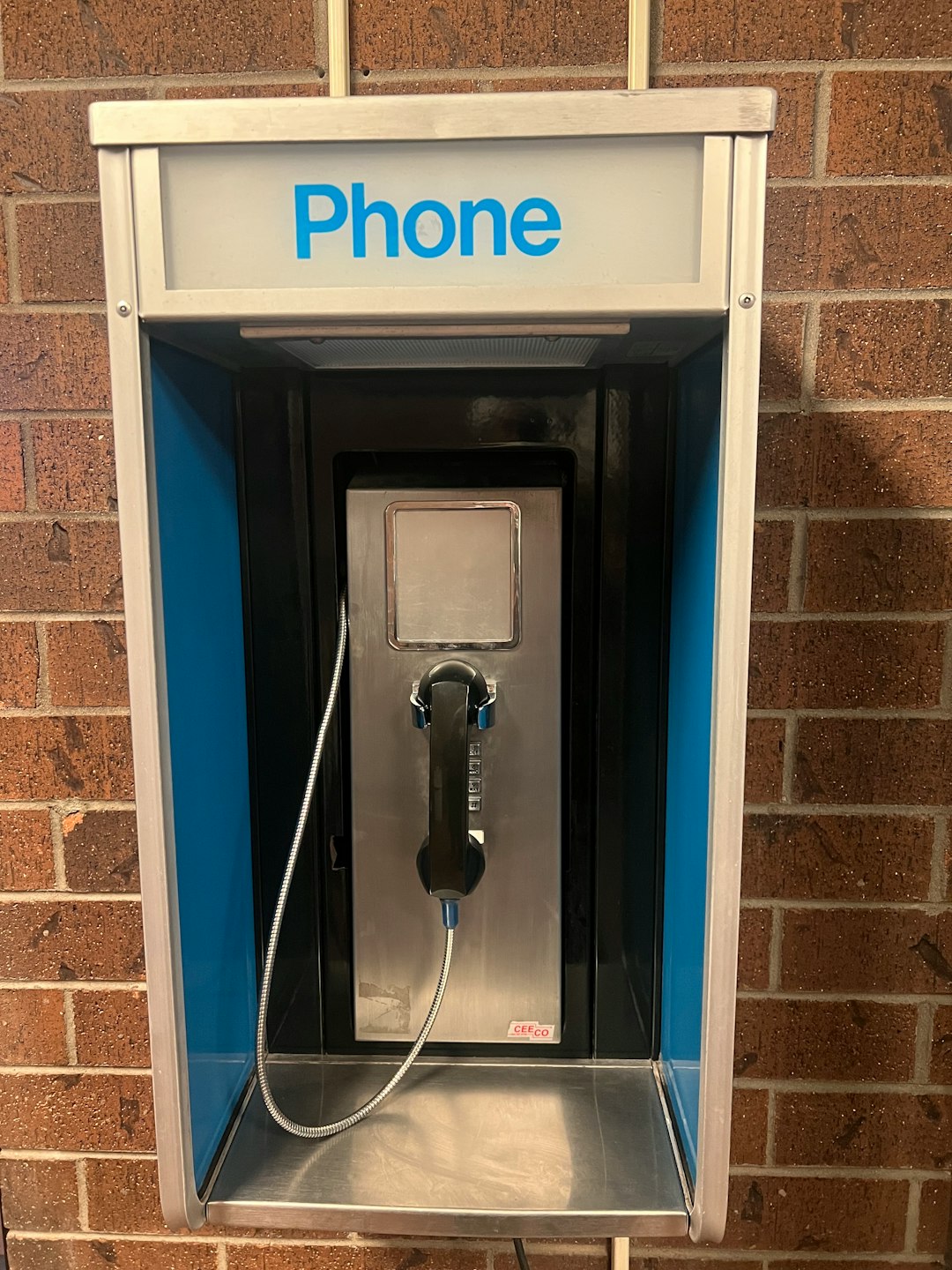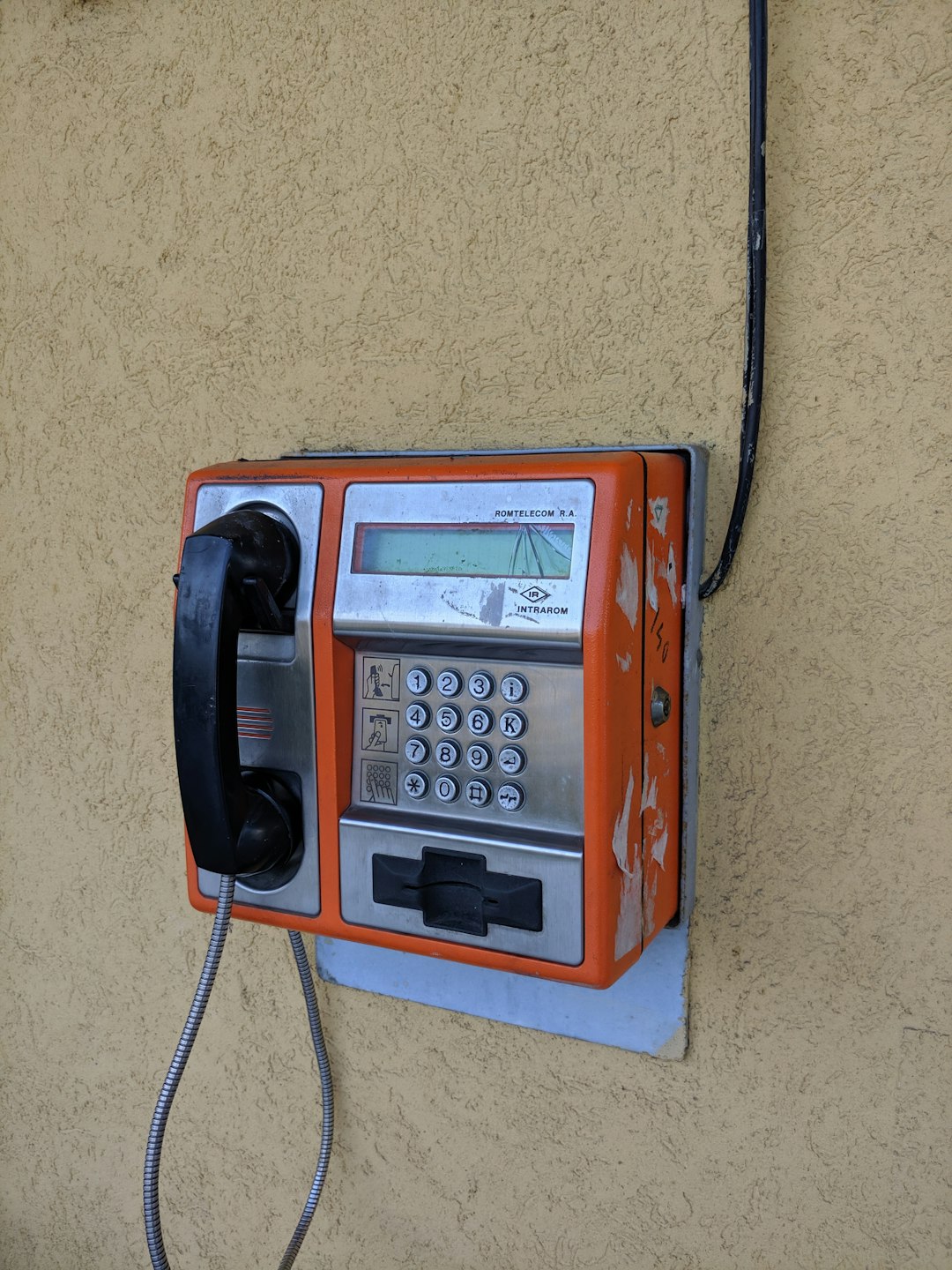In Colorado, residents facing robocalls and unwanted texts can turn to specialized robocall lawyers who are experts in dealing with spam call law firms. These attorneys help individuals navigate Do Not Call laws, offering solutions like blocking calls, seeking damages, and taking legal action against intruders. They empower people to reclaim their peace of mind by guiding them on their rights under the Telephone Consumer Protection Act (TCPA), Colorado Spam Call Law, and providing potential compensation for violations.
In Colorado, as across the nation, robocalls and spam texts have become a ubiquitous nuisance. While these automated communications may promote products or services, they often invade your privacy and disrupt daily life. Understanding your legal protections against them is crucial. This guide explores Colorado’s robocall laws, offers strategies to combat unwanted calls and texts, and connects you with reliable resources, including top-rated robocall lawyers and spam call law firms throughout the state.
Understanding Robocalls and Texts in Colorado

In Colorado, as across the nation, robocalls and unwanted texts have become a prevalent nuisance, often disguised as marketing messages or even fraudulent attempts. These automated communications, when unsolicited, are not only irritating but can also signal potential legal violations. Robocall laws in Colorado are designed to protect residents from excessive or deceptive calls, offering various avenues for recourse against these intrusive practices.
If you’re facing an onslaught of robocalls or receiving unwanted texts, it might be time to consult a robocall lawyer in Colorado. These legal professionals specialize in navigating the state’s Do Not Call laws and can provide guidance on blocking such calls, seeking damages, or taking further legal action against spam call firms. With their expertise, you can assert your rights and reclaim your peace of mind in this digital age.
Legal Protections Against Unwanted Communications

In Colorado, there are stringent laws in place to protect individuals from robocalls and spam texts. The Telephone Consumer Protection Act (TCPA) is a federal law that prohibits automated telephone systems from making unsolicited calls or sending unwanted text messages, often known as robocalls and spam texts. If you’ve been the victim of repeated robocalls or have received nuisance texts, you may be entitled to legal recourse. A robocall lawyer in Colorado can help you understand your rights under the TCPA and state-specific laws, such as the Colorado Spam Call Law.
These legal protections extend to both phone calls and text messages, ensuring that companies cannot bombard consumers with unsolicited messaging. If a company violates these laws, individuals can file a complaint with the Federal Trade Commission (FTC) or seek legal action through a robocall attorney in Colorado. A lawyer specializing in this area can guide you on how to take legal action, potentially recovering damages and stopping the unwanted communication.
Steps to Take When Facing Spam Calls or Texts

When faced with a barrage of spam calls or texts in Colorado, it’s important to take immediate action to protect yourself and your personal information. The first step is to identify the call as spam—look for patterns like unknown numbers, repetitive marketing messages, or urgent requests that seem suspicious. Once confirmed, don’t engage; instead, hang up or block the number immediately.
Next, consider registering your phone number on the National Do Not Call Registry, which can help reduce the volume of unsolicited calls. In Colorado, there are also specific robocall laws in place to protect residents. Contacting a robocall lawyer or attorney specialized in spam call cases and Do Not Call law firms in Colorado can be beneficial. They can guide you on your rights and available legal actions, including seeking compensation for violations of these laws.






